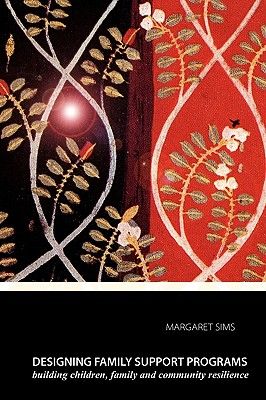Home
Developing a Framework for Measuring Community Resilience: Summary of a Workshop
Loading Inventory...
Barnes and Noble
Developing a Framework for Measuring Community Resilience: Summary of a Workshop
Current price: $42.00


Barnes and Noble
Developing a Framework for Measuring Community Resilience: Summary of a Workshop
Current price: $42.00
Loading Inventory...
Size: OS
*Product Information may vary - to confirm product availability, pricing, and additional information please contact Barnes and Noble
The 2012 National Research Council report
Disaster Resilience: A National Imperative
highlighted the challenges of increasing national resilience in the United States. One finding of the report was that "without numerical means of assessing resilience, it would be impossible to identify the priority needs for improvement, to monitor changes, to show that resilience had improved, or to compare the benefits of increasing resilience with the associated costs." Although measuring resilience is a challenge, metrics and indicators to evaluate progress, and the data necessary to establish the metric, are critical for helping communities to clarify and formalize what the concept of resilience means for them, and to support efforts to develop and prioritize resilience investments. One of the recommendations from the 2012 report stated that government entities at federal, state, and local levels and professional organizations should partner to help develop a framework for communities to adapt to their circumstances and begin to track their progress toward increasing resilience.
To build upon this recommendation and begin to help communities formulate such a framework, the Resilient America Roundtable of the National Academies convened the workshop Measures of Community Resilience: From Lessons Learned to Lessons Applied on September 5, 2014 in Washington, D.C. The workshop's overarching objective was to begin to develop a framework of measures and indicators that could support community efforts to increase their resilience. The framework will be further developed through feedback and testing in pilot and other partner communities that are working with the Resilient America Roundtable. This report is a summary of the one-day workshop, which consisted of a keynote address and two panel sessions in the morning and afternoon breakout sessions that began the discussion on how to develop a framework of resilience measures.
Disaster Resilience: A National Imperative
highlighted the challenges of increasing national resilience in the United States. One finding of the report was that "without numerical means of assessing resilience, it would be impossible to identify the priority needs for improvement, to monitor changes, to show that resilience had improved, or to compare the benefits of increasing resilience with the associated costs." Although measuring resilience is a challenge, metrics and indicators to evaluate progress, and the data necessary to establish the metric, are critical for helping communities to clarify and formalize what the concept of resilience means for them, and to support efforts to develop and prioritize resilience investments. One of the recommendations from the 2012 report stated that government entities at federal, state, and local levels and professional organizations should partner to help develop a framework for communities to adapt to their circumstances and begin to track their progress toward increasing resilience.
To build upon this recommendation and begin to help communities formulate such a framework, the Resilient America Roundtable of the National Academies convened the workshop Measures of Community Resilience: From Lessons Learned to Lessons Applied on September 5, 2014 in Washington, D.C. The workshop's overarching objective was to begin to develop a framework of measures and indicators that could support community efforts to increase their resilience. The framework will be further developed through feedback and testing in pilot and other partner communities that are working with the Resilient America Roundtable. This report is a summary of the one-day workshop, which consisted of a keynote address and two panel sessions in the morning and afternoon breakout sessions that began the discussion on how to develop a framework of resilience measures.


















